Centralizing Patient Access and Revenue Cycle Holds Great Promise
For healthcare execs, it’s like the search for the Holy Grail: finding a system that seamlessly supports patient access and revenue cycle management for both inpatient and ambulatory operations. The concept of a single consolidated patient statement covering both hospital and professional services not only reduces cost of collections, it is a major driver of improved patient satisfaction.
That prize is now within reach, as more application vendors have focused significant development resources to more closely integrate patient scheduling, registration, and billing functionality. But major obstacles still remain — often as much on the human side as with the technology.
Many CFOs call this kind of centralized approach the “single business office,” and there’s no argument about the major benefits it delivers. We have worked with several clients to implement a “one call does it all” model for patient access. In this model, a patient can schedule coordinated appointments across a variety of specialties and service locations.
As physicians and hospitals continue to work more closely together, several of our clients who have implemented centralized patient access units are now continuing their push towards centralization by developing a single business office capable of supporting professional and hospital services. These organizations will be well positioned to support the changes facing our industry. A common example is the ability to support bundled payment programs for organizations creating an Accountable Care Organization.
The common benefits an organization can expect from centralizing functions such as patient access or billing operations include:
- Improved patient satisfaction and care quality. Patients enjoy the benefit of making one call rather than multiple calls in which they repeat the same registration and demographic details over and over again. What patient wouldn’t love the convenience of one-call scheduling compared to spending hours on “hold”? Additionally, a single consolidated patient statement covering inpatient and professional services is easy to understand and more efficient for patients to respond to.
- Reduction in call volume. Patients aren’t the only ones who benefit from making fewer scheduling calls. Healthcare organizations need fewer staff to take those calls as well.
- Cleaner claims. Consolidating registration operations enables greater control over the quality and consistency of data capture, which reduces registration related denials.
- Accelerated self-pay payments. Patients who receive only one consolidated bill are more likely to pay it faster because it’s easier to understand. They don’t have to puzzle over separate bills from the hospital and specialists. In addition, by centralizing patient access and billing, a healthcare system can cut costs and reduce staff and the data captured is more consistent and of higher quality, resulting in fewer denials down the road.
Competing governance structures are perhaps the biggest obstacle to achieving the benefits of centralization. Most hospitals and their allied medical groups are governed separately. In many organizations, doctors don’t want the hospital to see sensitive financial data, and vice versa.
Secondly, implementing a seamless system uniting patient access and billing is a big job. The codes and fee schedules in ambulatory care differ greatly from those used for inpatient procedures. Plus there’s the expense and disruption of doing the system overhaul. It takes courage and leadership to oversee such a project. Fortunately, though, courageous leaders are rising to the occasion more and more often because the long-term benefits of centralization far outweigh the challenges.
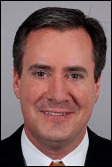
Brad Boyd is vice president of sales and marketing for Culbert Healthcare Solutions, a professional services firm serving healthcare organizations in the areas of operations management, revenue cycle, clinical transformation, and information technology.

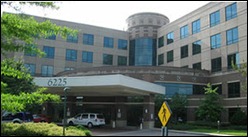


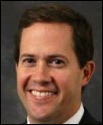
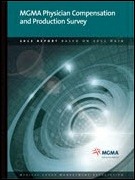




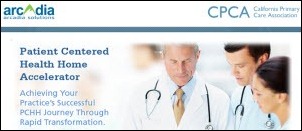





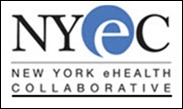
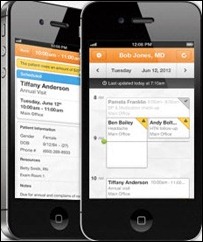


Re: Walmart Health: Just had a great dental visit this morning, which was preceded by helpful reminders from Epic, and…